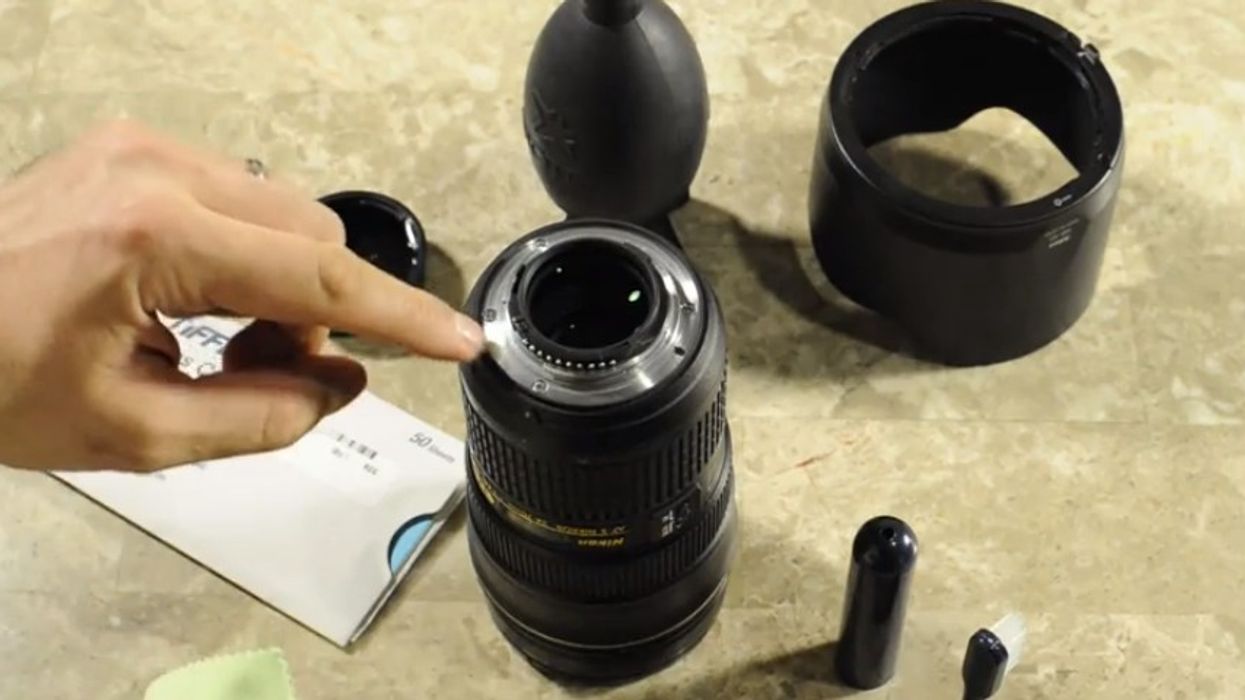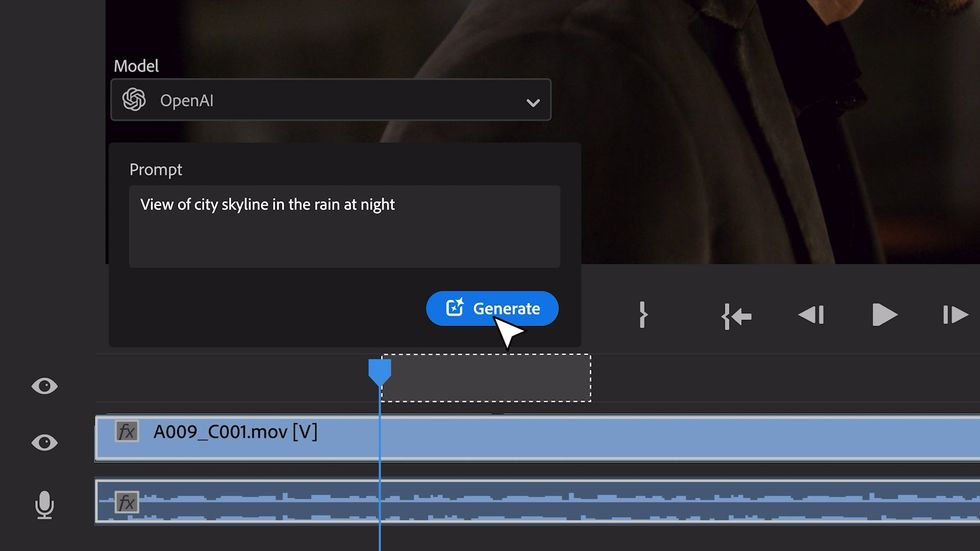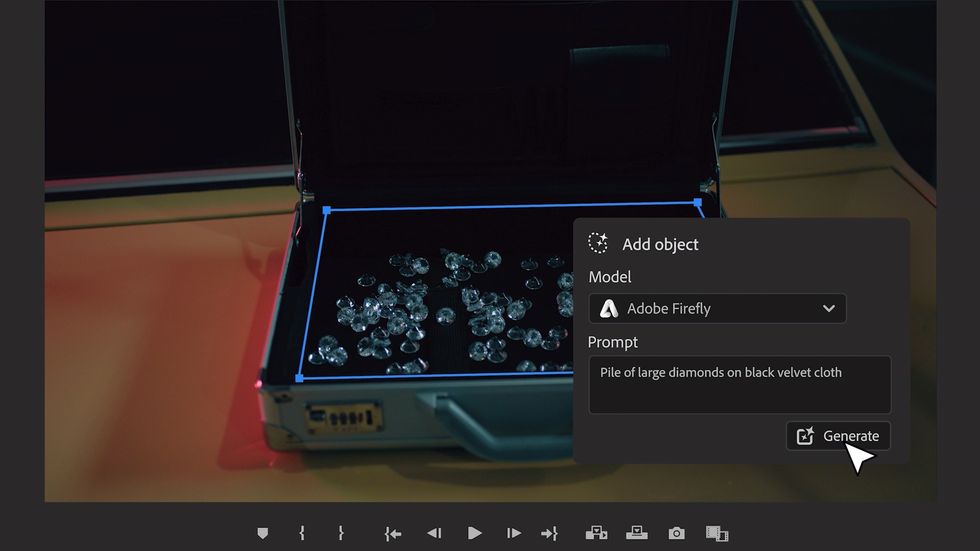Taking Care of Your Glass: How to Clean Lenses Like a Pro (and Protect Them From Fungus)

Not long ago, we shared some footage of the 'birth' of Nikon Nikkor lenses along with some of the basics of lenses in general. The question that follows is one of proper maintenance, both on and off set. Whether you own lenses yourself or you're getting into camera department work, there are some practices considered standard protocol for keeping your glass clean. Below, professional AC Evan Luzi of The Black and Blue demonstrates how he cleans lenses on set, as well as what supplies an AC should keep on hand for doing so. Plus, if you are a lens kit owner, DIY Photography has some tips for preventing fungus from turning your optical glass into an accidental petri dish.
Clean Your Lens Like Evan Luzi (Who is a Pro), Plus the Supplies You Need
Evan Luzi is a working camera assistant who has contributed the incredibly helpful camera Pocket Guides. He has also shared some thorough explanations of depth of field, data wrangling on a budget, and finding professional crew members for $0 (posted here on NFS).
Here's the list of the tools Evan prefers to use on set:
Filmmakers looking to break into AC work may not know all of the these subtle but important techniques the first time they step on set, but using proper methods such as these will definitely help make a good impression with a more experienced camera crew as a first-time AC.
If you're not already a reader of Evan's site, The Black and Blue, you could be missing out on even more practical set knowledge, so subscribe for his newsletter now!
Cleaning SLR Lenses
It's never bad to check out a few demonstrations on the same topic, either -- even if there's a lot of overlap. If you're a shooter heavily invested in SLR lens technology, the video below may shed more light on the issue of lens cleaning more specific to your purposes.
Use Silica Gel to Make Your Lenses Fungus-Proof
Keeping lenses clean on set will ensure that you're getting the best performance possible, but since lenses are made up of so many delicate mechanisms and materials, maintaining them off set can help save you a great deal of time and trouble. DIY Photography (via FilmmakerIQ)'s post on protecting lenses from fungi is pretty eye-opening:
The most crucial thing about not getting fungi on your lens is to keep it dry. Not just dry-in-a-dry-cabinet kind of dry, but dry-like-the-desert kinda dry, since any humidity in the air (especially in a dark closet) can convert your lens into a make-shift dish.
Fungi Is Bad For You
- Aside being kinda gross, fungi clutters the optical path in your lens and therefore kills some of the quality of the lens. Left unattended the fungi will spread to consume more and more space rendering the lens semi opaque. Now, that would be a really crappy lens, wouldn't it?
- Unlike us humans who eat food and dispose waste, some fungi eats... well.. whatever fungi eats. and dispose acid. This acid can burn the coating on the inner glass elements on the lens, so even if the fungi is removed the lens is still damaged. Bummer, right?
Prevention Is The Key
Silica Gel is... [used] to absorb humidity. Luckily you can get silica gel packets for really cheap and place them in your lens drawer (or your other lens-organizing-device).
But, you can top that one by using reusable silica gel containers, those are still pretty cheap but have two major benefits over the little packets:
- They are indicating, meaning that you know when they are no longer good. But you don't have to throw them away, cuz they are
- Reusable, you can get them back to the dry state by applying heat for a certain amount of time.
To be honest, this wouldn't even have occurred to me, unless I was living/shooting in a blatantly swampy area. This may be a practice more reasonably suited to long-term storage, but it might not be a bad idea to add some silica gel to your lens cases, especially if you know you are going to be working in very humid environments.
Any shooters or ACs out there have any other/different points of "lens hygiene" you might recommend?
Links:
- How to Clean a Camera Lens Without Damaging the Glass -- The Black and Blue
- Quick Tip: Use Silica Gel To Protect Your Lenses From Fungi -- DIY Photography
[via The Black and Blue Newsletter and FilmmakerIQ]















